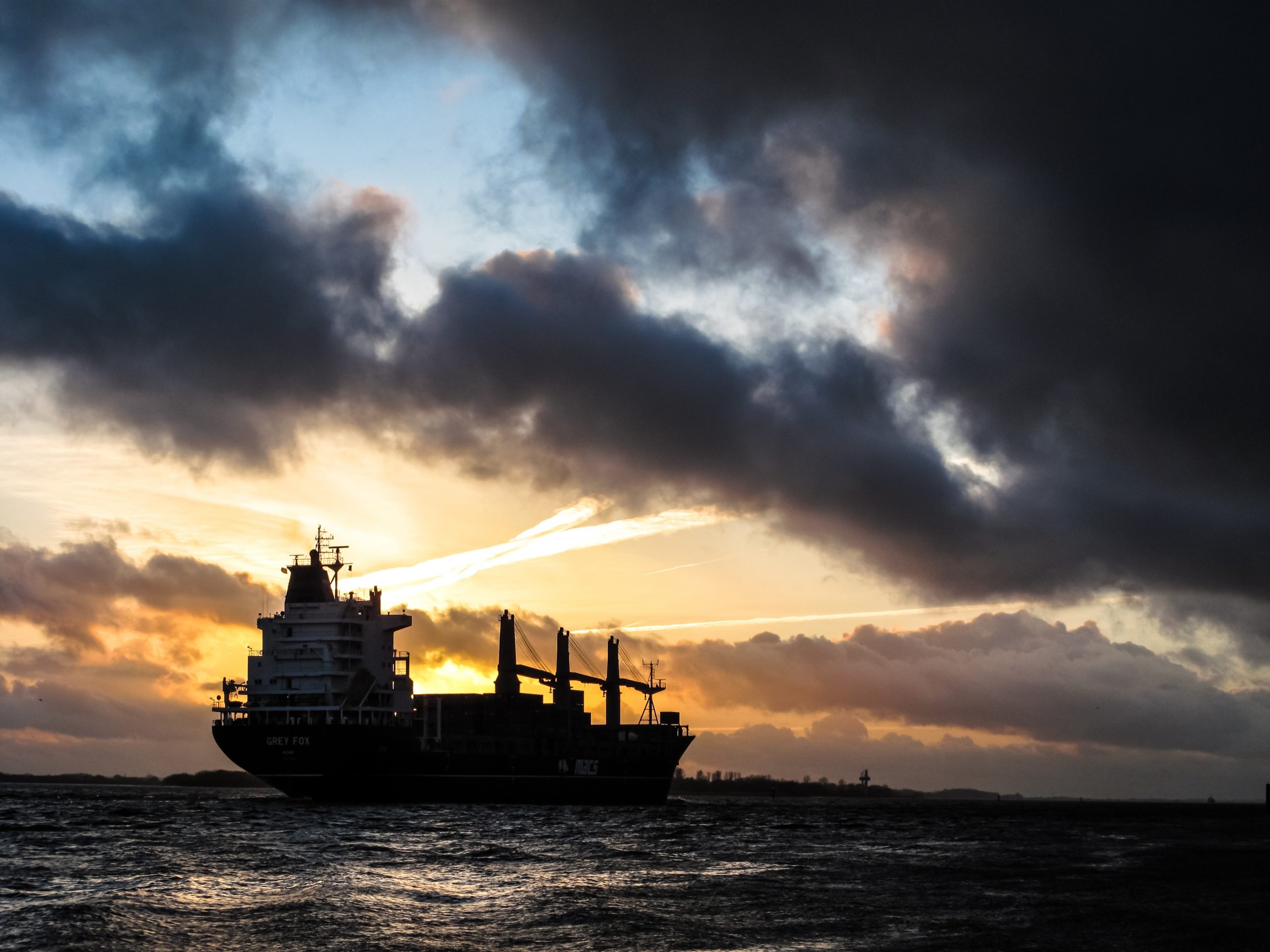
Shipowners isolated as maritime industry supports EU’s ‘first move’ to regulate CO2
MEPs also back tightening cap on aviation emissions. Support from ports and cargo owners for last week’s vote by MEPs to include shipping emissions in the EU emissions trading system (ETS) has been sharply criticised by shipowners. The European Community Shipowners' Associations (ECSA) said it ‘deplores’ the shipping industry’s backing for Europe regulating ship CO2 as a ‘first move’ to kick start action at global level. Shipping in Europe has CO2 emissions equal those of the Netherlands.
MEPs confirmed a proposal from the European Parliament’s environment committee to include the sector in the EU ETS – a move which, if accepted by the EU governments, would regulate ship emissions for the first time anywhere. The parliament also voted at its Strasbourg plenary meeting last week to tighten the cap on aviation emissions under the ETS.
Ship operators will either have to buy emissions allowances from 2023 or contribute a corresponding amount to a new Maritime Climate Fund, unless the International Maritime Organisation (IMO) agrees a measure to regulate shipping emissions by 2023. The fund will reinvest part of the revenue into making ports and ships cleaner and more efficient.
Both European cargo companies and European ports have backed the plans to put shipping under the umbrella of the ETS. In separate letters, two groups representing cargo owners called on the presidents of the Commission, the Parliament and on Malta, the current presidency of the Council, to take action. The BICEPS Network of cargo owners said that “the networks of European shippers are nevertheless committed to meeting this challenge. Our members are aware of their responsibility and are willing to scale up commitments in order to address shipping CO2 emissions.” These come in addition to support by freight forwarders and European port infrastructure operators for the EU shipping measure.
Like international aviation, marine transport slipped through the cracks in the Paris agreement. Responsible for more than 2% of global greenhouse gas emissions, shipping is also a major source of local air pollution.
Bill Hemmings, aviation and shipping policy director at T&E, said: ‘This crossparty proposal will end the anomaly of shipping being the only sector in Europe not contributing to the 2030 emissions reduction target. EU governments must follow Parliament’s lead and agree that ship CO2 emissions must go in the EU ETS if the IMO does not act. The benefits to our climate though less warming and to our industry and economy through lower fuel costs, cannot be ignored.’
A fairer aviation contribution
Besides including shipping in the EU ETS, the European Parliament also voted to reduce the cap on emissions of flights covered by ETS (currently only flights within Europe) from 2021. The number of free allowances will also be reduced from 85% to 50%. T&E said these reforms are progress towards ensuring aviation makes a fairer contribution to Europe’s climate effort.
The vote by MEPs was also a strong response to the Commission’s separate proposal of 3 February – to be considered soon by MEPs – which called for flights that begin or end outside Europe to be excluded from the ETS indefinitely.
Bill Hemmings concluded: ‘Parliament has sent a clear signal that stronger measures are needed to rein in aircraft emissions. MEPs are standing by the basic principle that all sectors must make a fair contribution to tackling climate change. Their proposal should be the basis for discussions with EU governments and the Commission on aviation’s continued role in the ETS.’
However, shortfalls in the ETS proposal remain as MEPs have watered down the more ambitious agreement by the Parliament’s environment committee. For instance, the plenary voted against the stricter 2.4% factor to subsequently cut emissions further. Instead, it voted in favour of a 2.2% factor for each year between 2021 and 2030, impeding greater CO2 cuts under the EU ETS in the next decade.
